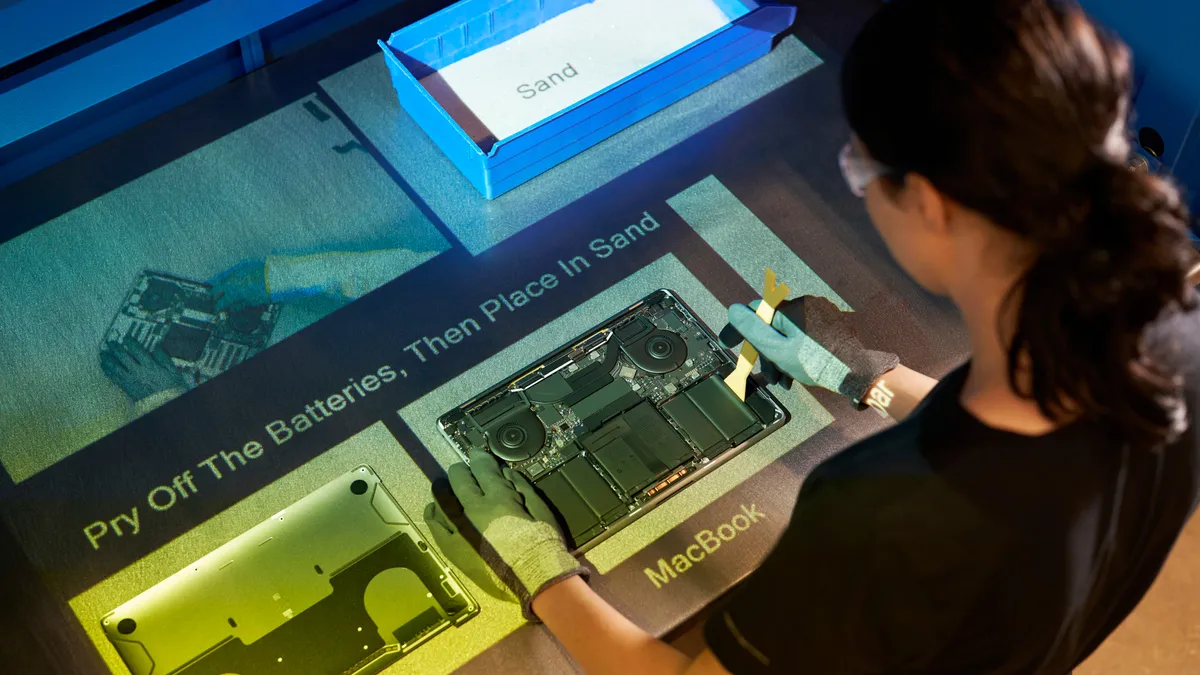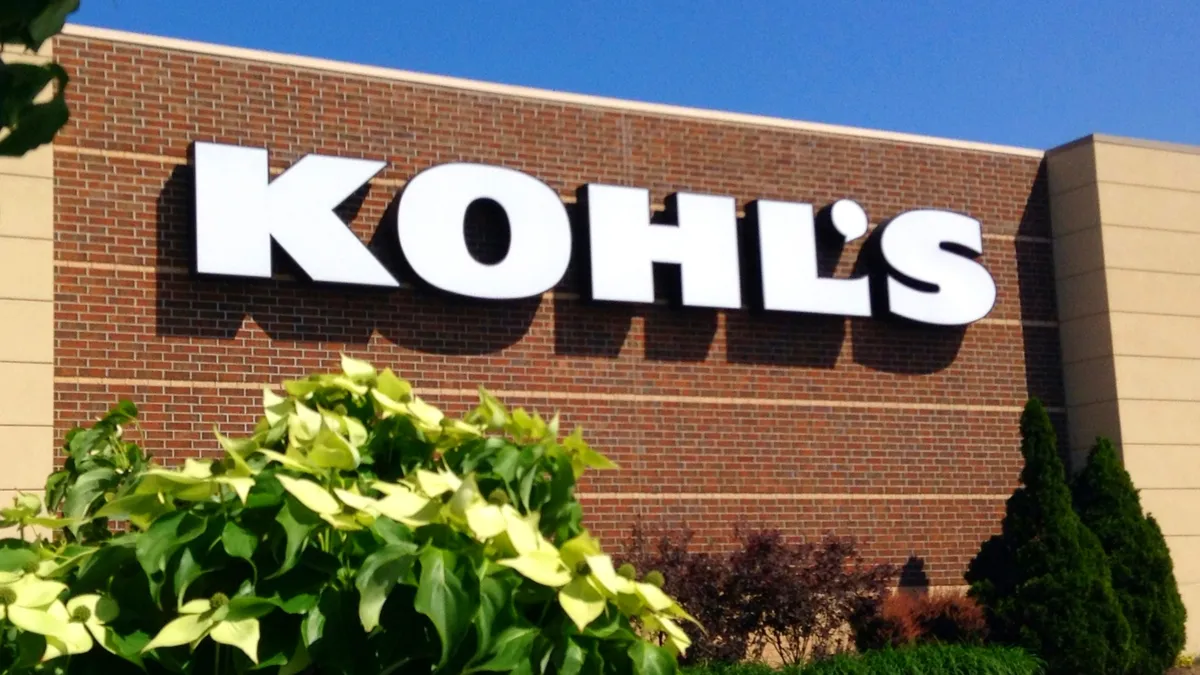Apple said Thursday it plans to use recycled cobalt in all company-designed batteries by 2025, a major step in the tech giant’s ambitions to make products with 100% recycled or renewable products.
The company will also transition to using entirely recycled rare earth materials in its magnets, and 100% recycled tin soldering and gold plating in all Apple-designed circuit boards.
The three-year target will be a major change for Apple, which says a quarter of all cobalt in its products last year was recycled, up from 13% in 2021.
Apple has made more progress on its recycled rare earth elements use as the company strives to reach carbon neutrality across operations by 2030. Last year, Apple reported 73% of its rare earth materials were entirely recycled, up from 45% the year before.
Cobalt and rare earth elements are among 14 critical materials Apple is prioritizing for recycling and renewable transitions. The list also includes aluminum, copper, glass, gold, lithium, paper, plastics, steel, tantalum, tin, tungsten and zinc, according to the release.
Prioritizing recycled cobalt comes as activists push back against tech giants’ sourcing from countries accused of violating human rights. The Democratic Republic of the Congo, responsible for more than 70% of the world's cobalt production, has come under particular scrutiny in recent years for the alleged use of child labor at mines.
In 2019, Apple, Google, Dell, Microsoft and Tesla were named in a lawsuit from the human rights group International Rights Advocates, claiming the companies’ supply chains involved cobalt from mines using children that were killed or maimed in the process.
Since then, Apple published a conflict minerals report in 2021, in which it iterated its goal of using fully recycled materials. It noted, however, that until such a target is achieved, "we continue to source 3TG and other minerals, such as cobalt, responsibly, while working to improve conditions in and around mining communities, including in the Democratic Republic of the Congo."
Apple's task to make its mineral supply chain, from sourcing to processing, more responsible is a major undertaking given its vast supplier network.
The company lists 23 smelters and refiners for cobalt alone in its 2021 Smelter and Refiner List. Apple does not directly purchase or procure primary sourced minerals from mines, nor does it refine its own cobalt, meaning it will need to rely on suppliers to meet goals around recycled materials.
The smelter and refiner list, however, does not include information on where Apple's suppliers source their cobalt. The Democratic Republic of Congo is listed as an origin source for the company's 3TG minerals, such as tin, tantalum, tungsten and gold.
In its 2022 supply chain progress report, the company states it completed 291 assessments of its smelters and refiners. The report did not mention any assessments of mines.















